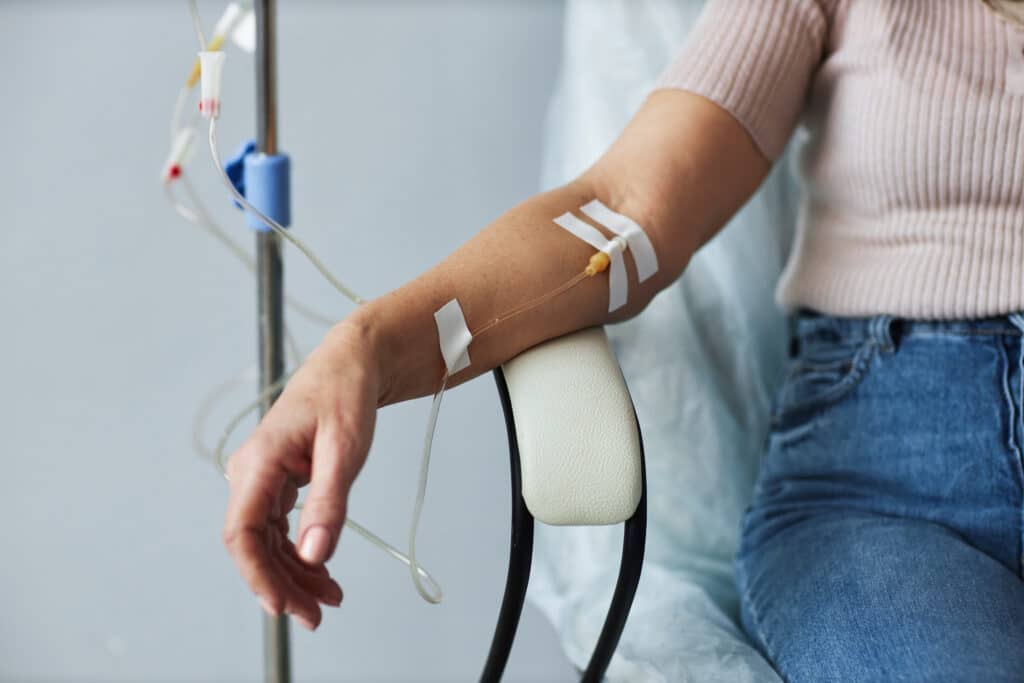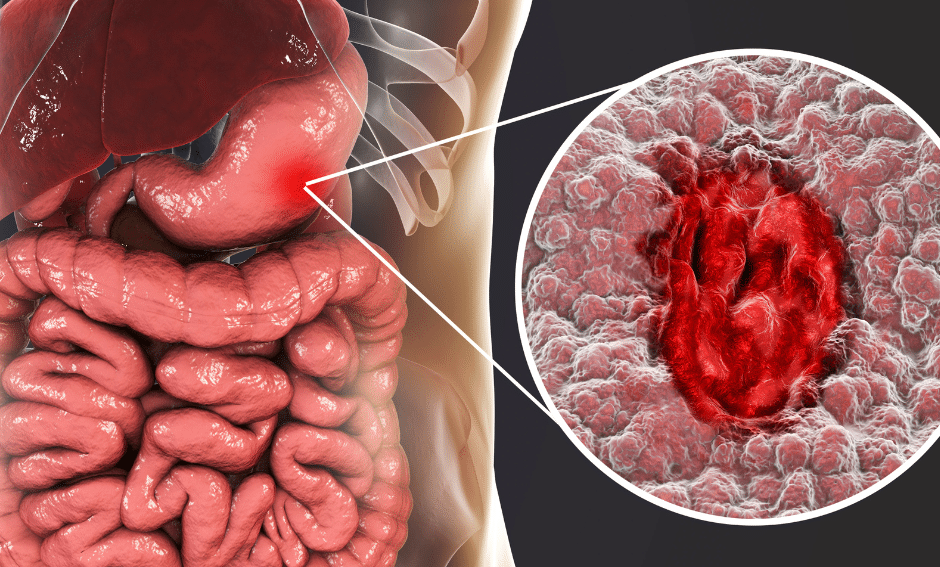How to Prepare for an Abdominal Ultrasound in NJ
At Digestive Healthcare Center, we offer a wide range of tests and procedures to our patients to help them continually put their digestive health and wellness first. Abdominal ultrasound is used to screen for an abdominal aortic aneurysm and is also used to diagnose or rule out many other health conditions. The test allows your doctor to visualize the blood vessels in the abdomen along with the gallbladder, intestines, kidneys, liver, pancreas, and spleen. Your doctor will provide personalized instructions on how to prepare for your appointment, but general instructions can be found below. Please contact our office if you have any additional questions so we can help ensure that your ultrasound is completed successfully.
The Day Before Your Abdominal Ultrasound in NJ
There are no specific instructions for the day before your abdominal ultrasound. However, please note that you cannot have anything to eat or drink 8 hours before your appointment, so if you have an early morning appointment, you may need to alter your eating habits the night before. Your doctor will provide specific instructions depending on your individual situation. They will also provide additional instructions regarding any medications you may be taking.
The Day of Your Scheduled Abdominal Ultrasound in NJ
You should not have anything to eat or drink, except water, 8 hours prior to your ultrasound at DHC. Make sure you plan to be in the office for approximately 30 minutes. Please wear comfortable, loose-fitting clothing to your appointment. If you have had previous abdominal ultrasounds performed, please bring a copy of the report and disc with you. An ultrasound is a safe and simple procedure that will provide your doctor with insights into the health of the organs and structures within the abdomen. Your physician will use a transducer and an ultrasound machine to create an image of the structures inside the body, which will be discussed with you after the ultrasound is complete.
After Your Abdominal Ultrasound in NJ
You can return to your regular routine, activities, and diet immediately after your appointment. Your doctor will discuss your ultrasound results with you and determine any next steps needed to help support positive digestive health or address any issues found during the exam.
Recent Blogs
Learn more about all things digestive health and wellness by checking out our recent gastroenterology blogs.

Infusion therapy has become a vital treatment option for individuals with Crohn’s disease, offering relief when traditional medications may fall short. This method delivers medication directly into the bloodstream, providing quicker and more targeted effects to help manage inflammation, reduce symptoms, and improve quality of life. For those with moderate to severe Crohn’s disease, infusion […]

The Advancement of Ulcerative Colitis Treatment Ulcerative colitis (UC) is a chronic inflammatory bowel disease (IBD) that affects the lining of the colon and rectum. Those diagnosed with UC often experience flare-ups that can significantly impact their quality of life. Fortunately, advancements in medical treatment have made managing this condition more achievable. One option is […]

Diverticular disease and diverticulitis are related digestive health conditions that affect the large intestine (colon). With diverticular disease, small, bulging pockets develop on the lining of the colon. When these pockets become inflamed or infected, the condition is called diverticulitis. They are very common – especially after age 40 – and rarely cause problems. At […]
Abdominal Ultrasound at Digestive Healthcare Center
Our specialists at DHC work with patients of all ages to diagnose and treat all manner of digestive health conditions, helping each patient live a healthier and more comfortable life. An abdominal ultrasound at DHC can provide more insights into your gastrointestinal health and help your doctor determine the best next steps for you. We are proud to offer comprehensive digestive health care at our offices in Hillsborough and Somerville, NJ, and we also meet with patients via virtual telemedicine visits. To learn more about the care we provide or to schedule your appointment at DHC, please contact us today!


























